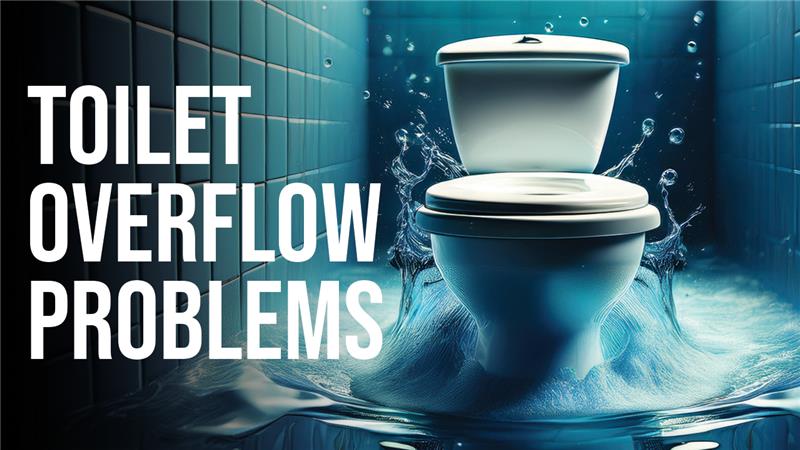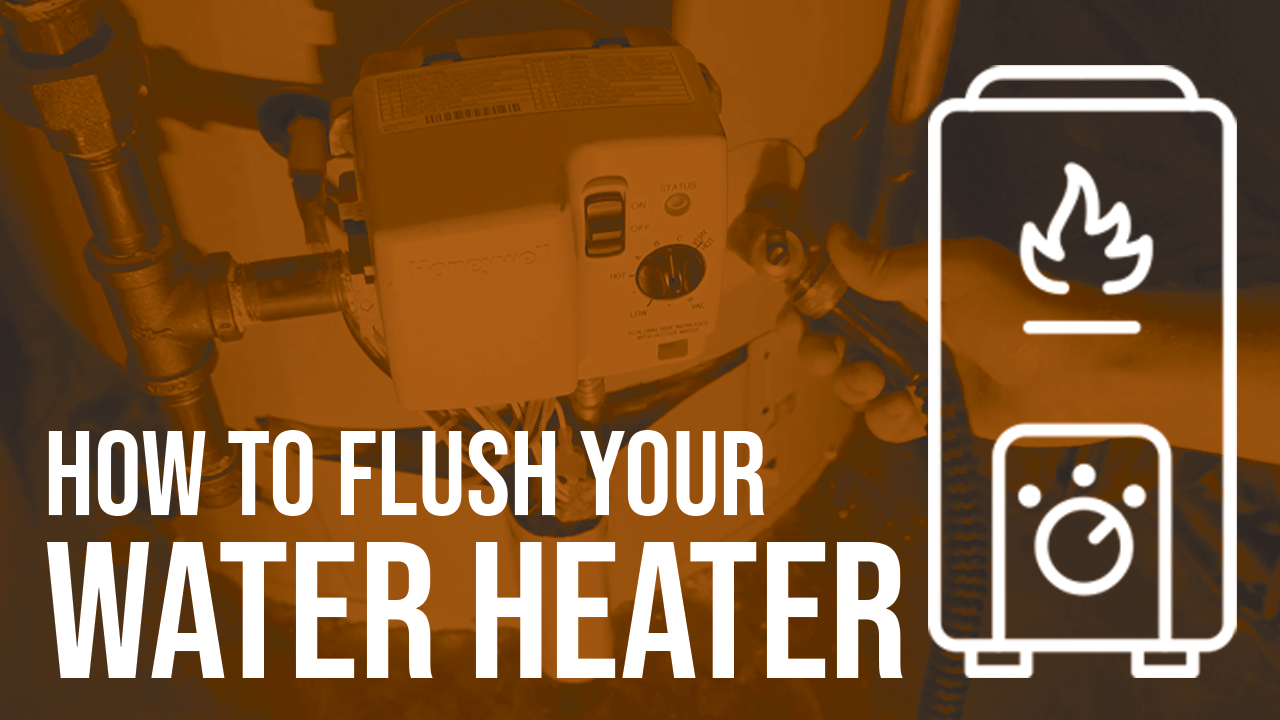Updated January 22, 2024
Water is an essential daily resource for drinking, cooking, cleaning, and bathing. However, hard water can cause many problems, from clogged pipes and appliances to dry skin and dull hair. That’s why investing in a water softener system for your home is essential. Keep reading as we discuss the benefits of having a water softener system, how it works, and what to consider when choosing the best one for your needs.
What Is a Water Softener and How Does It Work?
A water softener is a device that removes hard water minerals, such as magnesium and calcium, from the water supply. It works by replacing the hard water minerals with sodium or potassium ions through an ion exchange process.
The water softener system typically consists of a mineral tank, a brine tank, and a control valve. The mineral tank contains resin beads coated with sodium or potassium ions. As hard water flows through the tank, the hard water minerals are attracted to the resin beads and exchanged with sodium or potassium ions, which do not cause the same problems as hard water minerals.
After a period, the resin beads become saturated with hard water minerals, and the water softener enters a regeneration cycle. During this cycle, a brine solution, usually made of salt and water, is introduced into the mineral tank to wash away the hard water minerals and recharge the resin beads with sodium or potassium ions.
The control valve is the brain of the water softener system. It regulates the flow of water in and out of the mineral tank and controls the timing of the regeneration cycle based on the household’s water use. Some modern water softeners are equipped with intelligent sensors that adjust the regeneration cycle based on the household’s water usage patterns, which can help conserve water and salt usage.
Benefits of a Water Softener System
A water softener can provide a range of benefits to your home. The following benefits are the most common.
Reduced Buildup of Scale and Soap Scum
Hard water contains high levels of minerals that can build up inside pipes, appliances, and fixtures. This can lead to clogging, reduced water flow, and appliance damage. Additionally, soap and detergents do not lather well in hard water, resulting in soap scum and reduced cleaning efficiency. Soft water, on the other hand, does not contain minerals that cause buildup or interfere with cleaning, making it easier to maintain a clean and hygienic home.
Increased Lifespan of Appliances
Hard water often affects appliances such as water heaters, washing machines, and dishwashers. Mineral deposits can damage heating elements, reduce the appliance’s efficiency, and eventually lead to breakdowns. Hard water minerals can also cause clogs that impair overall functionality, requiring premature appliance replacement. A water softener can help prevent these issues by removing minerals.
Energy Efficiency
When hard water is heated, the minerals can form a layer of scale on the heating element in your water heater. This layer of scale reduces the heating element’s efficiency and can increase energy consumption. With a water softener, the mineral content of the water is reduced, leading to improved energy efficiency and lower energy bills.
Improved Skin and Hair Health
Hard water can cause irritation, dryness, and damage to the hair and skin. Soft water is gentler on the hair and skin, reducing the need for moisturizers and hair conditioners. It can also improve the effectiveness of soaps and shampoos, resulting in cleaner and healthier hair and skin.
Better Tasting Water
Due to the minerals in hard water, it can have a metallic or bitter taste. Soft water, on the other hand, has a more neutral flavor and can improve the taste of food and drinks prepared using water.
Environmental Benefits
Using a water softener can have environmental benefits as well. A water softener can reduce waste and lower your carbon footprint by reducing the need for harsh cleaning chemicals and increasing the lifespan of appliances.
Factors to Consider When Choosing the Right Water Softener
Several factors should be considered when selecting a water softener, including the following:
Water Hardness
The water hardness level in your area is an essential factor to consider when choosing a water softener. Water hardness is measured in grains per gallon (GPG). The higher the water hardness, the larger the water softener capacity required to effectively remove the hard water minerals.
Water Usage
The size of the water softener you choose should be able to handle the amount of water used in your home daily. A smaller water softener may be suitable for a small household, while a larger one is required for a more prominent family.
Regeneration Type
Water softeners use different regeneration methods, including timer-based, meter-based, and on-demand. A timer-based regeneration system regenerates at set intervals regardless of water usage, while a meter-based system regenerates based on the water used. An on-demand regeneration system regenerates only when necessary, depending on how complex the water is. The choice of regeneration type will depend on your water usage and lifestyle.
Type of Resin
There are two types of resin available: cation exchange and anion exchange. Cation exchange resins remove calcium and magnesium ions, while anion exchange resins remove sulfates and nitrates. The type of resin required will depend on the specific minerals in the water.
Efficiency
A more efficient water softener uses less salt and water, saving you money on operating costs in the long run. Look for water softeners with a high-efficiency rating and Energy Star certification.
Maintenance Requirements
The maintenance requirements of the water softener should also be considered. Some water softeners require more maintenance than others. Look for water softeners with easy-to-replace components and user-friendly controls.
Cost
The cost of the water softener will depend on several factors, including the size of the system, the type of resin used, and the efficiency rating. Look for water softeners that offer good value for money and are within your budget.
Contact the Professionals Today!
Are you seeking top-notch plumbing, heating, electrical, cooling, and air quality services in the Metro Area? Look no further than the Golden Rule. Our team of experienced and highly skilled technicians provides you with the highest level of service and expertise in all areas of home comfort. We’ve covered you, from plumbing repairs and installations to heating and cooling system maintenance and upgrades. Our air quality services ensure your home’s indoor air is healthy and clean. Contact Golden Rule today to schedule your service appointment and experience the difference.
Contact Us Today for Plumbing Service!
If you found this post helpful, check out some other budget-saving tips:


Few things are as frustrating (and messy) as a toilet that overflows. Whether it happens at the worst possible moment or simply leaves you scratching your head... Read More

The holidays are a magical time of year—gathering with loved ones, sharing meals, and creating lasting memories. But one unexpected mishap can turn your festive celebration into... Read More

Regular maintenance of your water heater is one of the simplest ways to ensure its longevity and efficiency. Flushing your water heater is a straightforward process that... Read More
